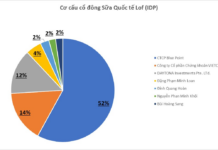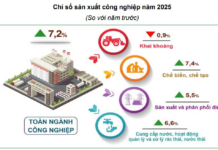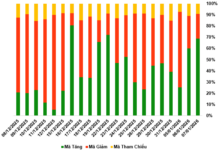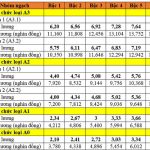The Government Office has recently issued a document to ministries, sectors, and localities regarding personnel management and position building.
According to the Government Office, the Party Committee of the Government received Conclusion No. 01-KL/BCĐ from the Central Steering Committee for Personnel Management on the Conclusion of the 3rd Conference on the personnel management work of the political system.
As assigned in the above conclusion, the Secretary of the Party Committee of the Government, the Prime Minister, asked the Ministry of Home Affairs to take the prime responsibility and coordinate with relevant agencies to review and consider transferring civil servants from the total of 7,191 officials currently working in civil servant positions at agencies and organizations performing state management functions, in accordance with the approved number of personnel allocated by authorized agencies.

The Government Office has issued a document to ministries, sectors, and localities on personnel management and position building.
Of the 7,191 officials, 5,066 are from localities and 2,125 are from central ministries and sectors.
Subsequently, the Ministry of Home Affairs will need to determine the specific number of civil servant positions that need to be converted to public servant positions, including those who meet the criteria and those who do not yet meet the standards and conditions for conversion, and report this to the Party Committee of the Government.
To address long-standing issues involving multiple agencies and organizations, the Prime Minister has assigned the Ministry of Home Affairs to take the lead in reviewing, inspecting, and thoroughly evaluating the work related to personnel allocation and financial management in agencies and organizations performing state management functions that are operating under a special financial and income management mechanism, both before and after the implementation of this mechanism.
Following this review, the Ministry of Home Affairs will propose the allocation of public servant positions and appropriate financial mechanisms for these agencies and organizations.
“This process must ensure compliance with the principles, guidelines, and regulations of the Party and the laws of the State. The Party Committee of the Government must be informed before submitting the proposal to the Politburo for consideration and decision-making,” concluded the Government Office.
Additionally, the Ministry of Home Affairs, in coordination with the Ministry of Education and Training, will review and assess the situation of education sector personnel for the 2022-2026 period. They will also propose solutions to address the surplus of teachers in the 2024-2026 period in localities and report to the Party Committee of the Government for consideration and decision-making.
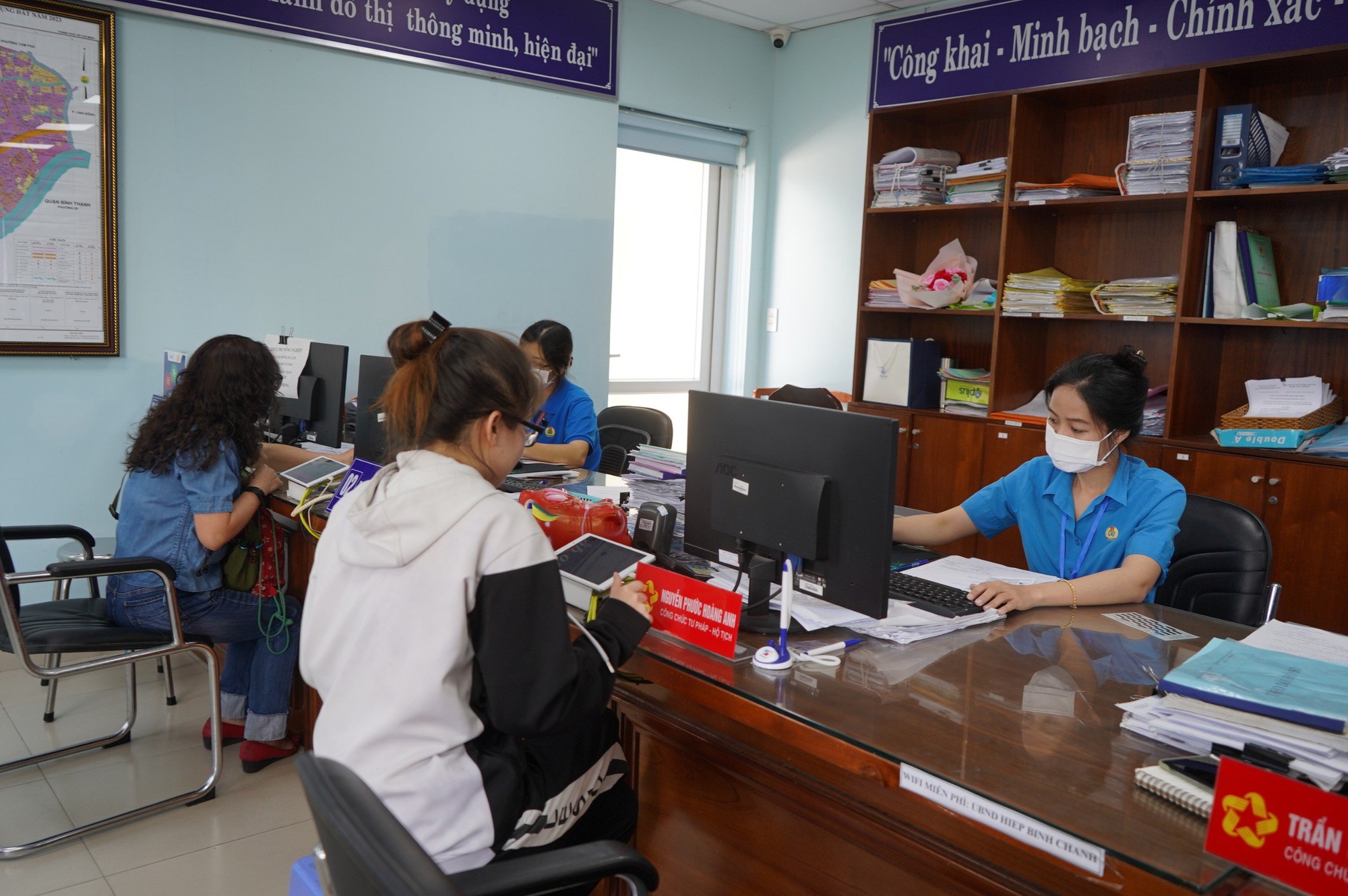
Agencies continue to develop and refine job descriptions and competency frameworks for civil servant positions within their management scope.
According to the Government Office, following the conclusions of the Central Steering Committee for Personnel Management, the requests for additional personnel allocations for the Ministry of Justice and the Ministry of Construction for the 2022-2026 period have not been approved. Additionally, it was proposed not to reduce the number of employees at the Vietnam Social Security by 10% for the same period.
Ministries, sectors, and localities are requested to strictly adhere to the Party’s guidelines on organizing a streamlined and efficient apparatus, effectively implementing personnel streamlining in conjunction with restructuring and improving the quality of the team of cadres, civil servants, and public employees.
Agencies and units within their management scope are urged to promptly approve and issue the list of job positions for civil servants and public employees. They should also continue to develop and refine job descriptions and competency frameworks for civil servant positions within their management scope, ensuring that they meet the required standards.
Minister of Internal Affairs on salary policy reform and administrative unit arrangement
In 2024, the Ministry of Interior continues to advise on decentralization and delegation of authority, emphasizing the reorganization of the administrative apparatus. It proposes to the competent authorities the synchronized, unified, comprehensive, and effective implementation of wage policy reforms starting from July 1, 2024.
Prime Minister Pham Minh Chinh: Investing in administrative reform is investing in development
On the afternoon of February 2nd, Prime Minister Pham Minh Chinh, Head of the Government Steering Committee for Administrative Reform, presided over the 7th Meeting of the Steering Committee to evaluate the results of administrative reform in 2023 and set directions and tasks for 2024.
Many Retirement Reforms for Retirees with Merit
Starting from 1st July 2024, with the reform of salary for civil servants and officials, a series of policies concerning pensions and benefits for meritorious people are expected to change. The Vietnam Social Security (VSS) has recently proposed an 8% increase, while the Ministry of Labor, Invalids and Social Affairs (MOLISA) argues for a minimum of 15% raise.
Policies in force effective May 2024
An array of prominent policies related to economy, society, and more are set to take effect in May 2024…











